Join a Project
Browse citizen science projects and programs currently using FieldScope
National & Global Projects
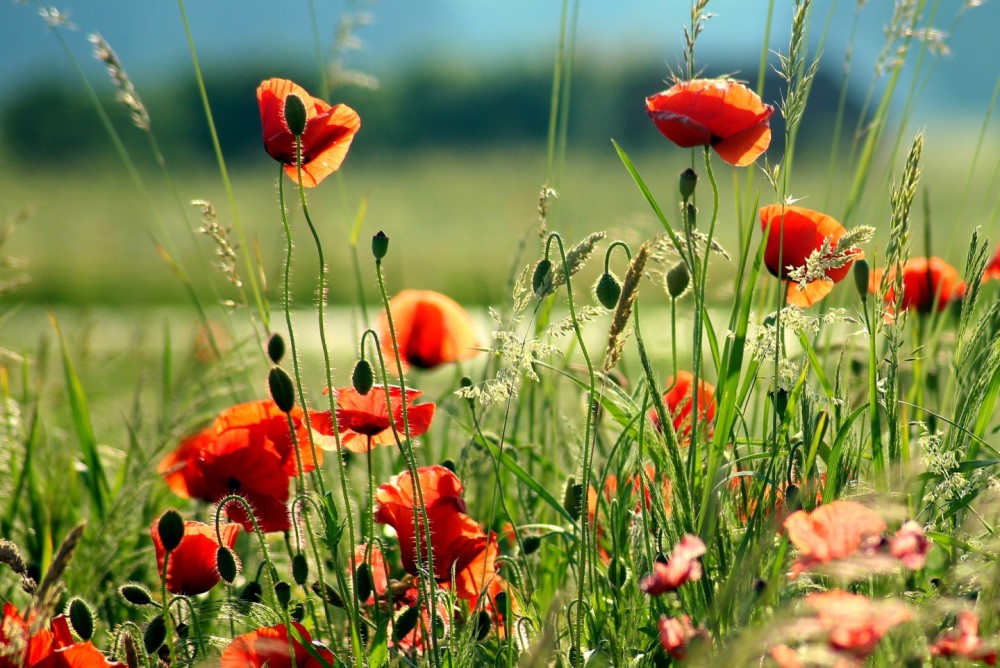
Budburst
Contribute to the national Budburst project by monitoring the leafing, flowering, and fruiting times for various plants and collect additional important ecological data to help track the health of plant species across the United States.
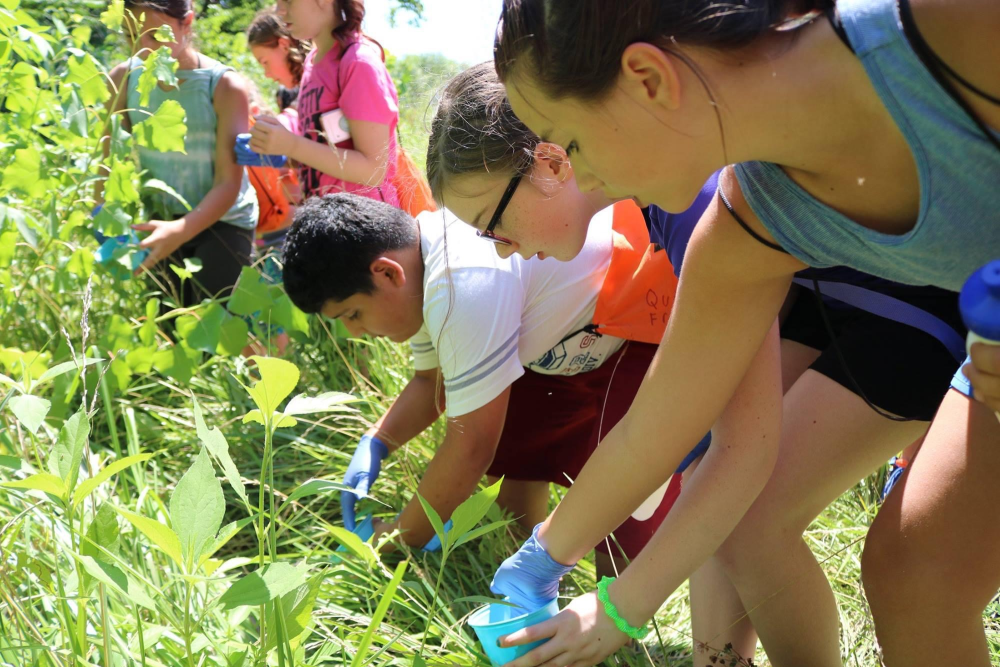
Conservation Hero
Become a citizen scientist! Learn about amphibians and butterflies by contributing to two conservation education projects organized by Omaha’s Henry Doorly Zoo and Aquarium and Lee G. Simmons Wildlife Safari Park.
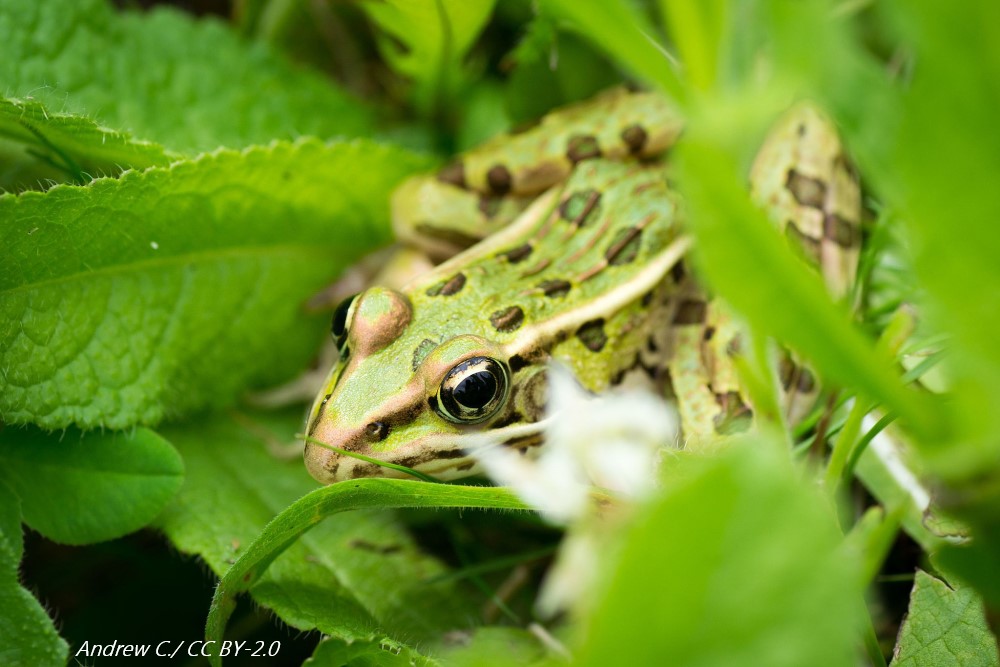
FrogWatch USA
Join the nationwide effort to study frogs and toads and learn about conservation of wetlands and amphibians in your community by reporting data on the calls of local frogs and toads.
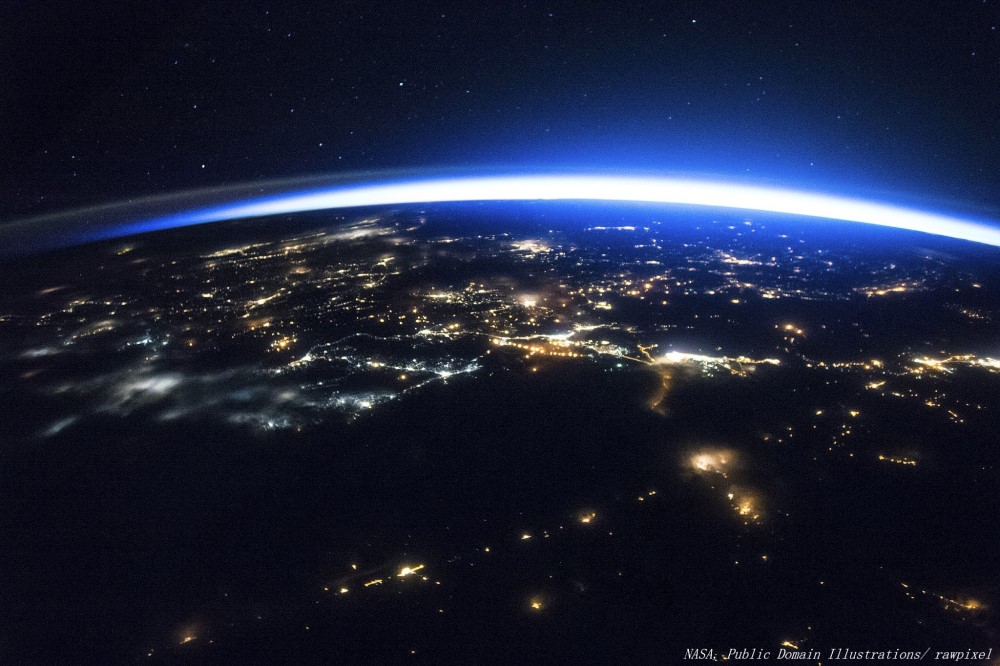
The Globe at Night
Communities around the world collect and upload data about the nighttime sky quality where they live, providing valuable information about light pollution to scientists.
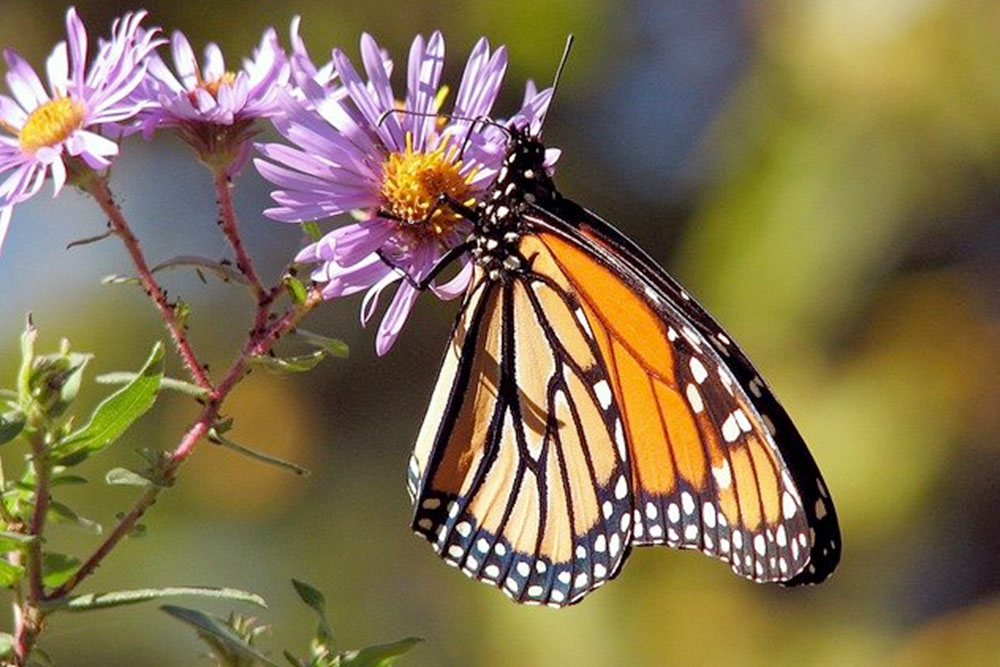
Journey North
Monitor monarch butterflies and hummingbirds! This project includes over 60,000 registered sites in the US, Canada, and Mexico — including families, teachers, schools, nature centers, professional scientists and novices.
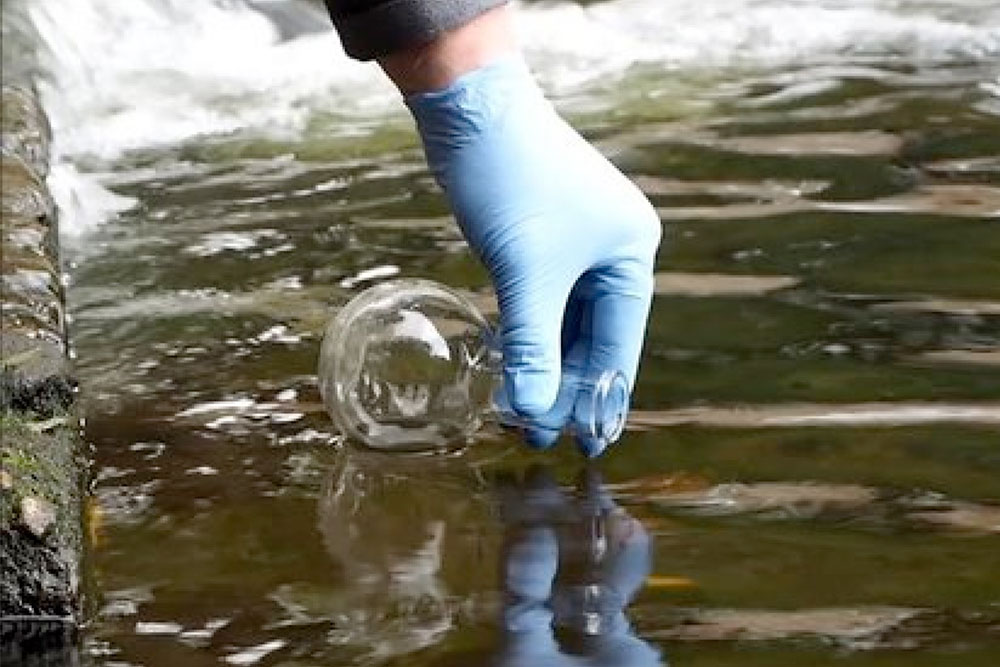
WaterInsights
Join a worldwide community of data collectors who use test kits to monitor data that can inform actions and policies to protect sources of freshwater.
Regional Projects
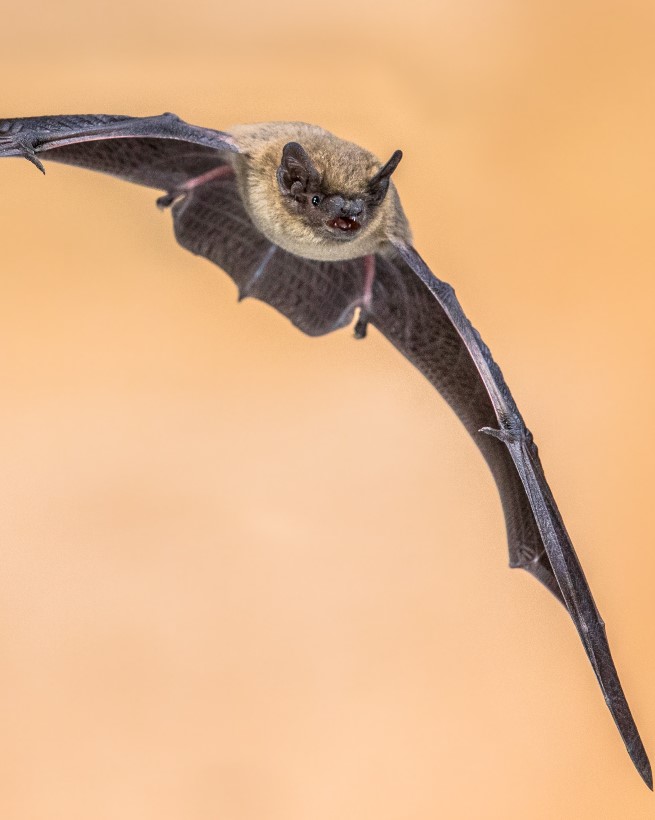
Bat Activity Trends (BAT)
Join the Bat Activity Trends (BAT) Community Science Program and help provide important bat conservation data in your own home, local parks, or neighborhood.
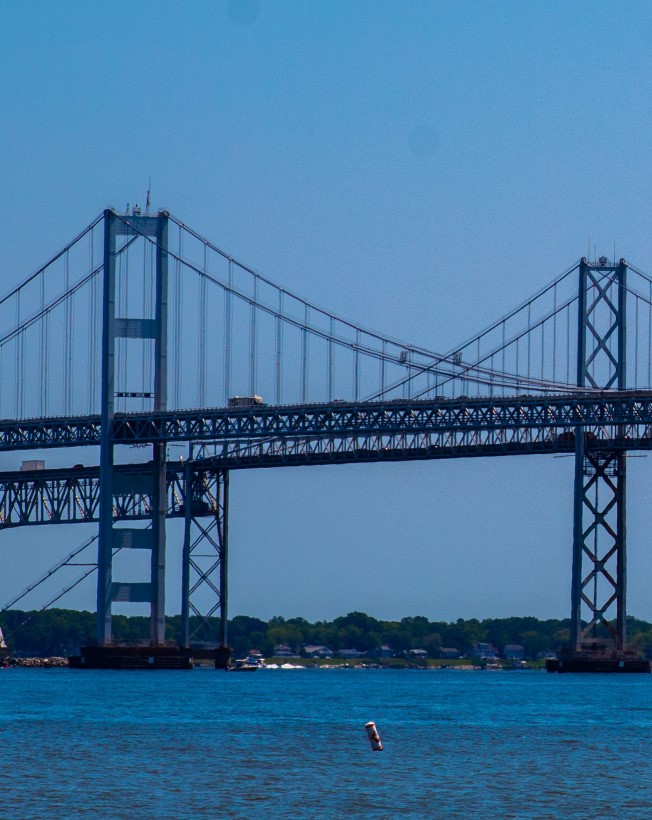
Chesapeake Bay Watershed
Volunteer citizen scientists in schools and watershed organizations within the 64,000 square mile Chesapeake Bay watershed monitor water quality and submit their data and use it in maps, graphs, and tables to analyze the health of ecosystems.
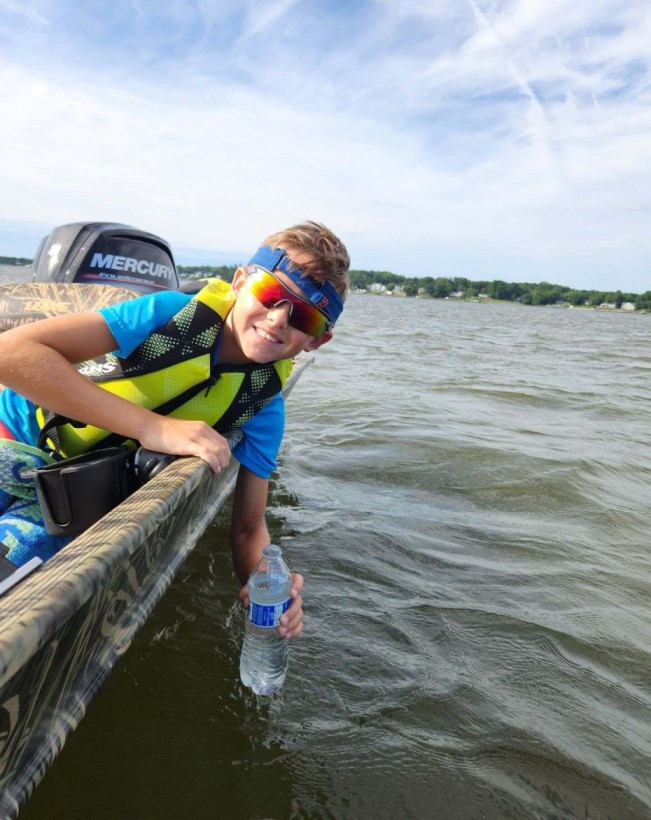
Chesapeake Water Watch
Join a group of participatory scientists who are helping researchers to develop new ways to assess water quality in the Chesapeake Bay using cutting-edge satellite technology.
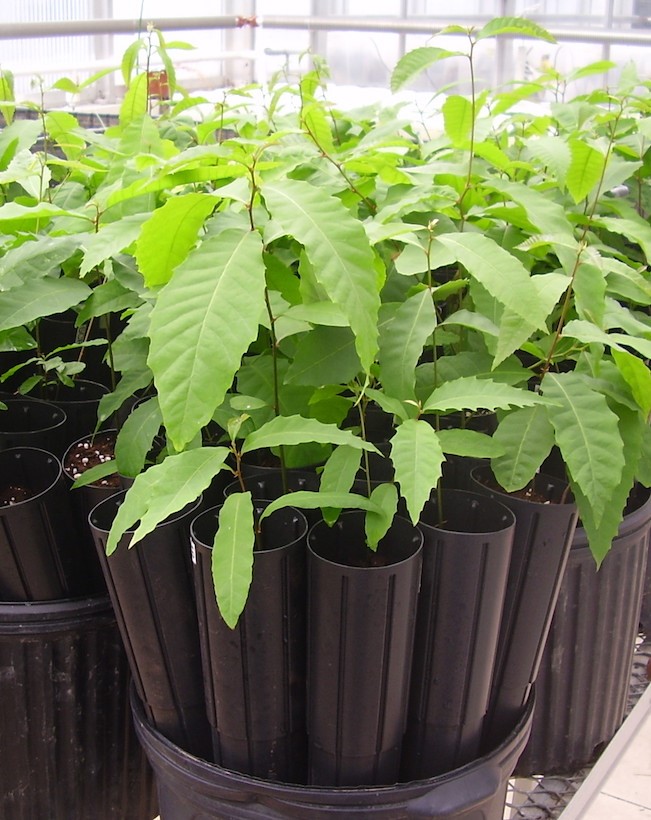
Citizens Restoring American Chestnuts
This citizen science project involved western Maryland residents in contributing data to aid in restoration efforts for the American Chestnut trees, which were decimated by a blight.
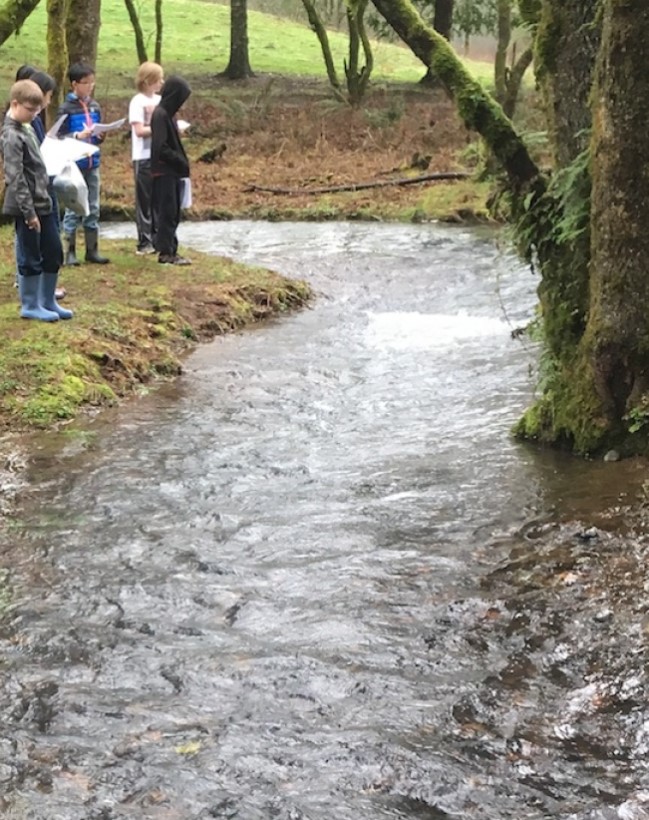
Clark County Student Watershed Monitoring Network
Classrooms in the Student Watershed Monitoring Network (a partnership of the City of Vancouver’s Water Resources Education Center and Clark County’s Clean Water Division) visit their monitoring sites in Clark County to collect water quality data and answer monitoring questions.
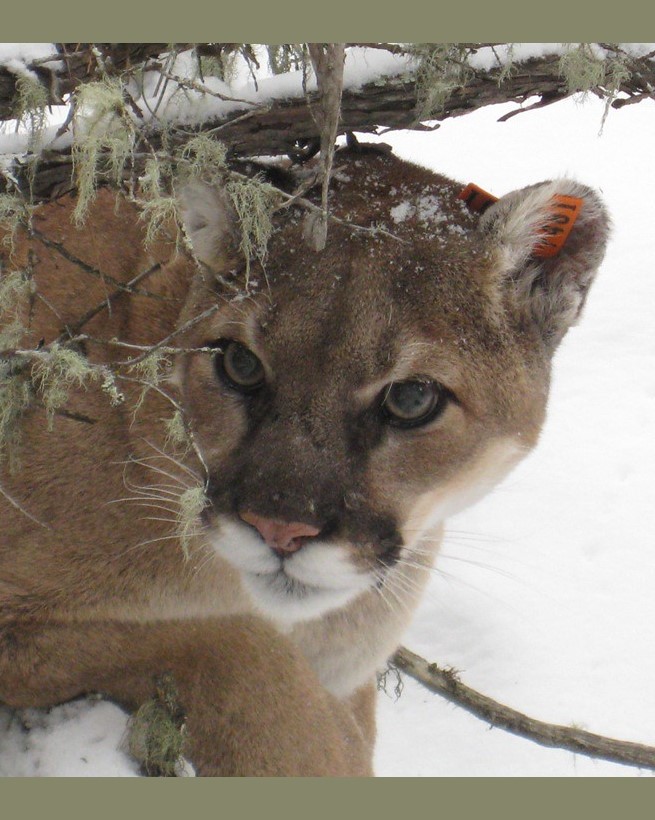
Coexisting with Carnivores – Olympic Peninsula
Coexisting with Carnivores Olympic Peninsula is a project involving three rural school districts on the North Olympic Peninsula investigating how human behaviors impact local carnivore populations.
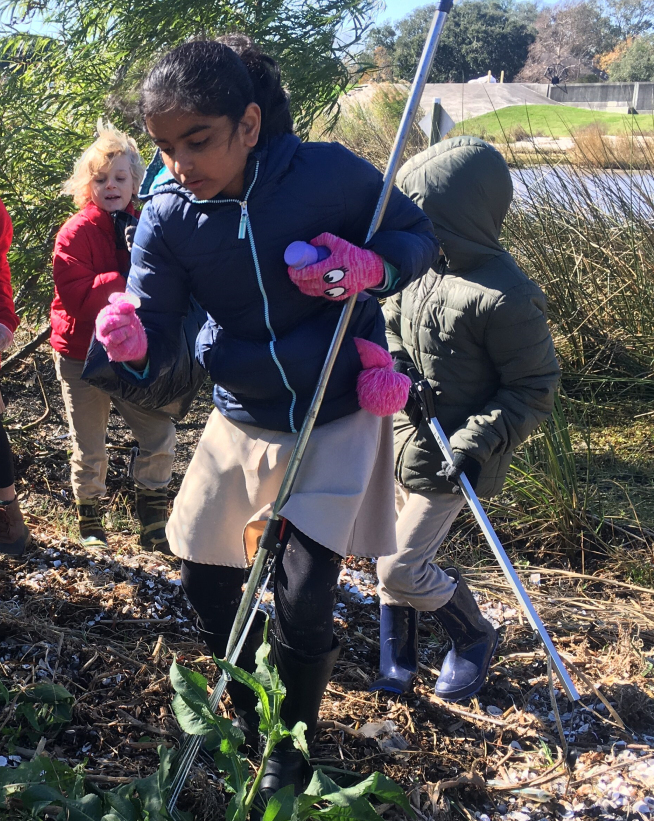
Consider Litter: Marine Debris Prevention and Mitigation
Consider Litter is a program that builds a network of stewards. The stewards collect litter and data which are used to design action projects for preventing and mitigating litter in their communities.
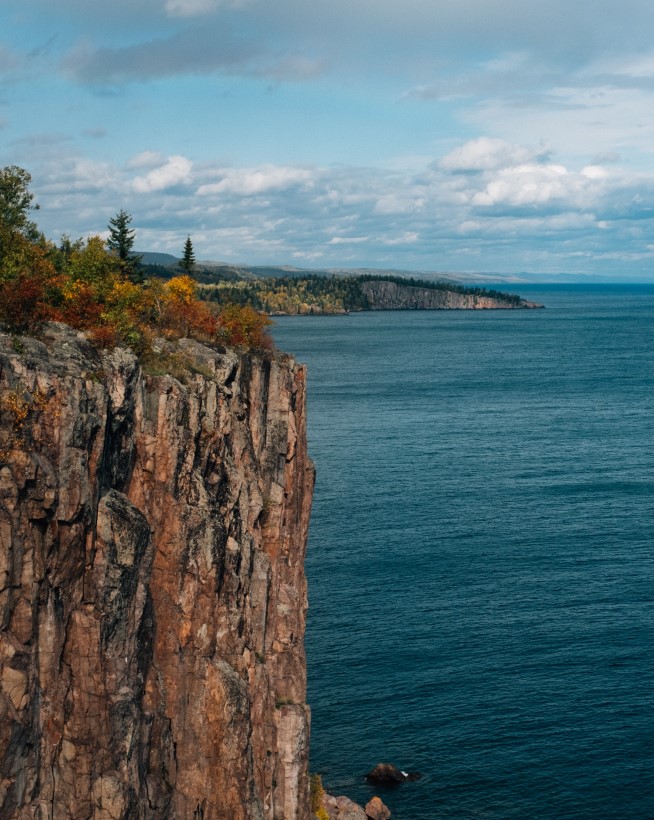
Great Lakes Limno Loan
Educators across the U.S. Great Lakes Basin borrow water quality monitoring equipment and allow students to experience collecting and analyzing real data.
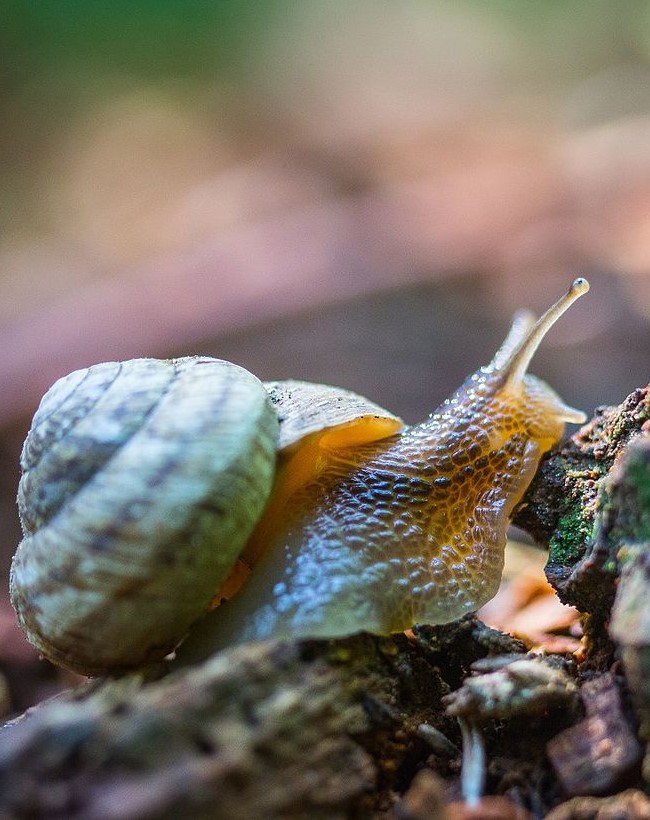
Great Smoky Mountains National Park
Learn about and contribute to up to six monitoring programs, including: lichen monitoring, ozone biomonitoring, salamander monitoring, snail monitoring, terrestrial invertebrate monitoring, and water quality monitoring.
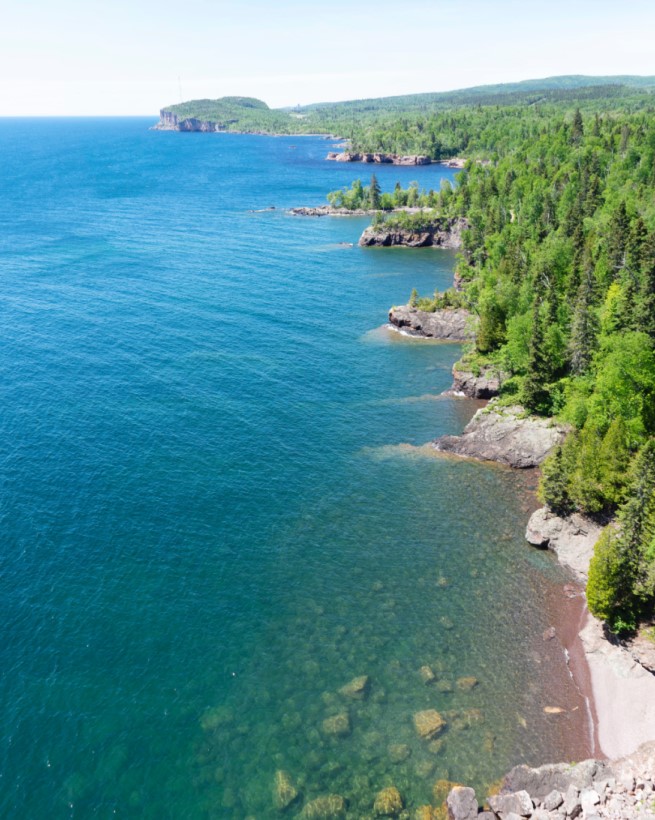
ISEAS Schoolship
With the Inland Seas Education Association, schools can introduce their students to hands-on learning on and around the Great Lakes!
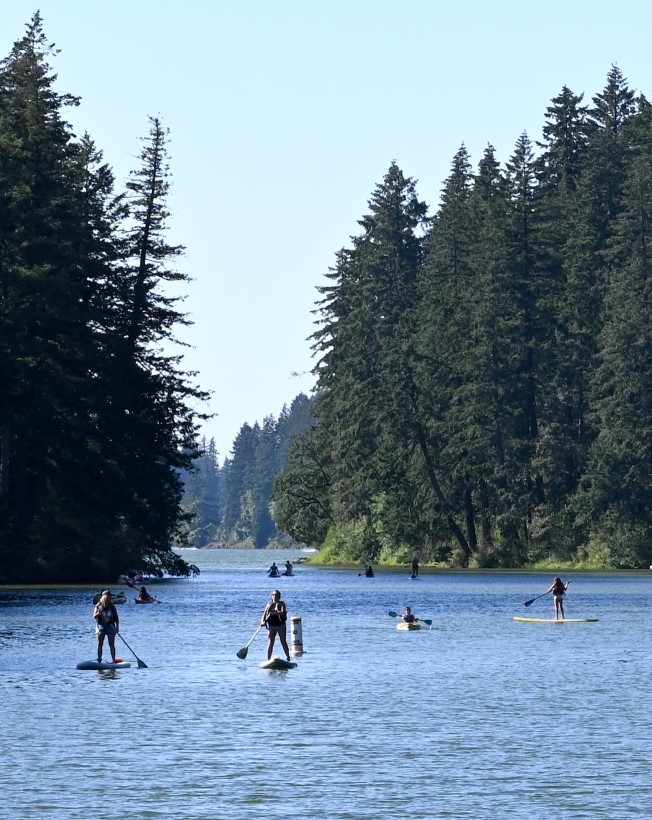
Lacamas Watershed Council
Collect and analyze water samples to assess water quality weekly in Lacamas Creek Watershed’s 3 lakes (Lacamas, Round and Fallen Leaf lake).
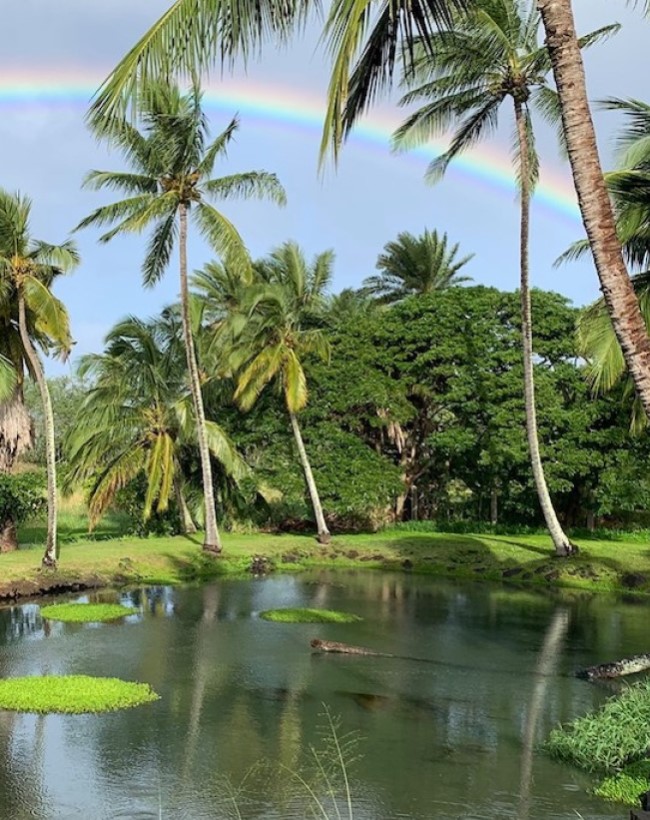
Loko Ea
Learn about the delicate balance of traditional Hawaiian fishpond monitoring along with its environmental impact and cultural significance in this community science project hosted on Oahu’s North Shore.
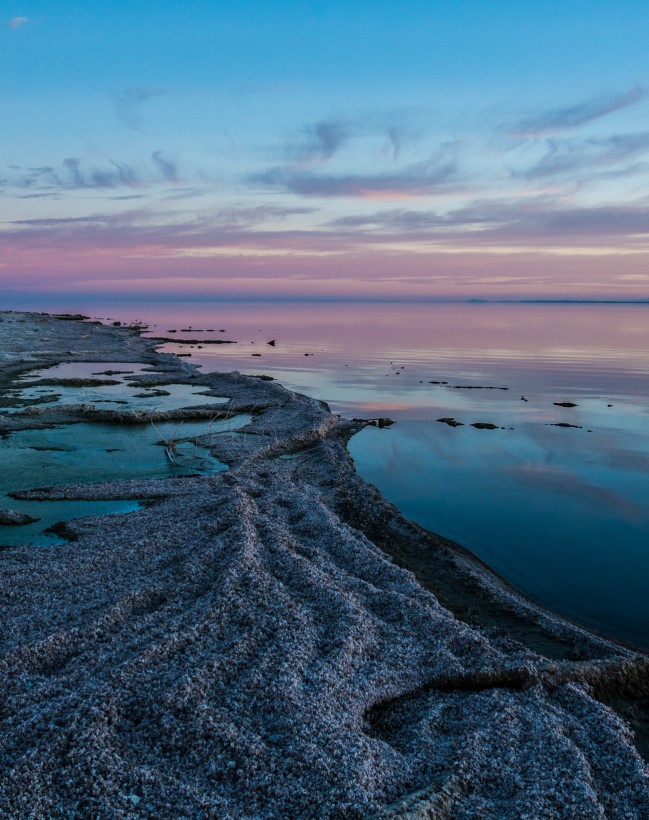
Monitoring Salton Sea Water Quality
Help build the tools and gather the necessary information to contribute to city council meetings and public comments about future projects affecting the Salton Sea.
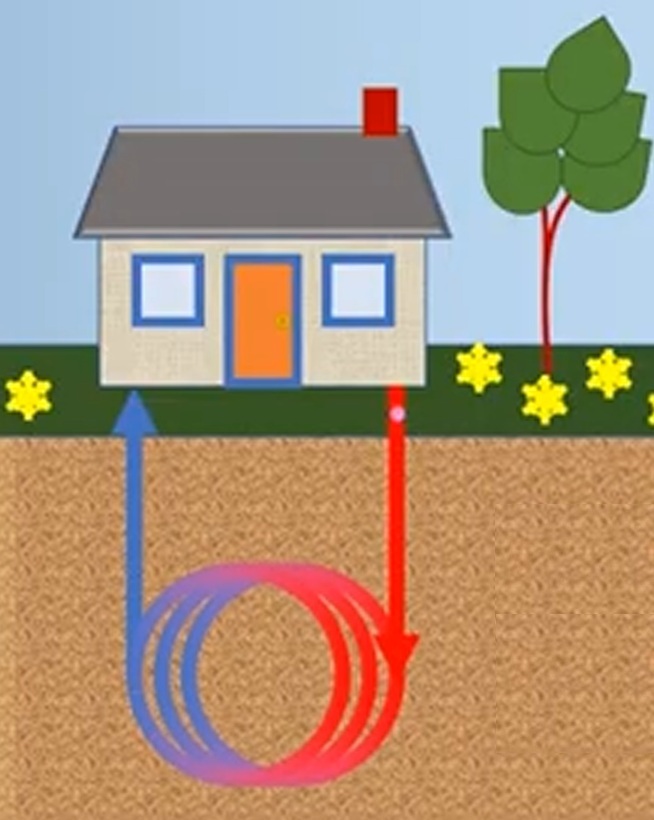
NOAA-BWET: A Watershed of Trees
Prince George’s County Public Schools (MD) and the Paleontological Research Institution (NY) are collaborating on a NOAA-funded field experience for students at 28 PGCPS high schools. The MWEE sequence is centered on the role of trees in a watershed, as trees are a control on the movement of water and energy, and a powerful influence […]
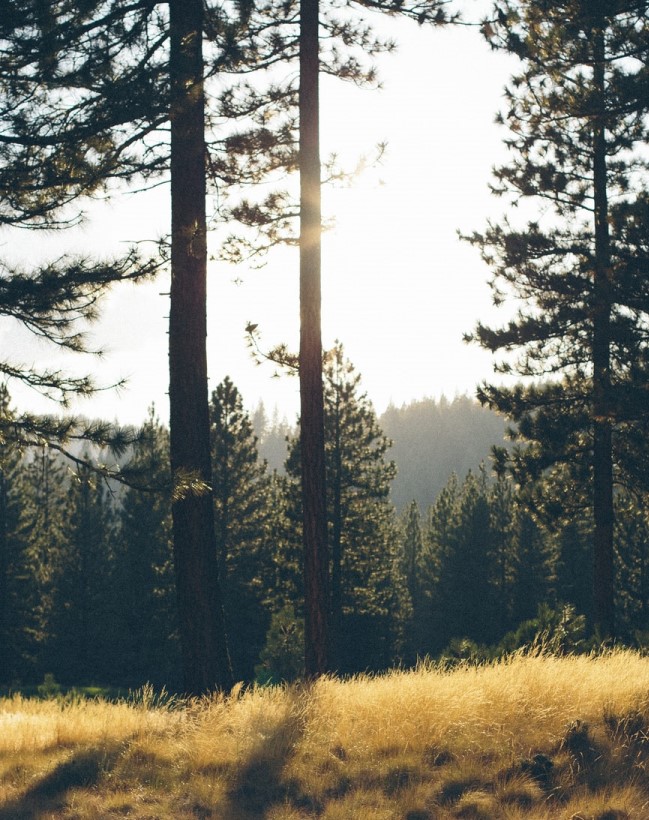
Our Forests
Our Forests is a community and citizen science project based in Western Nevada County, in California. Students in 3rd, 4th and 5th grade collect and interpret forest ecology data to understand forest health and fire resilience in their local forests.
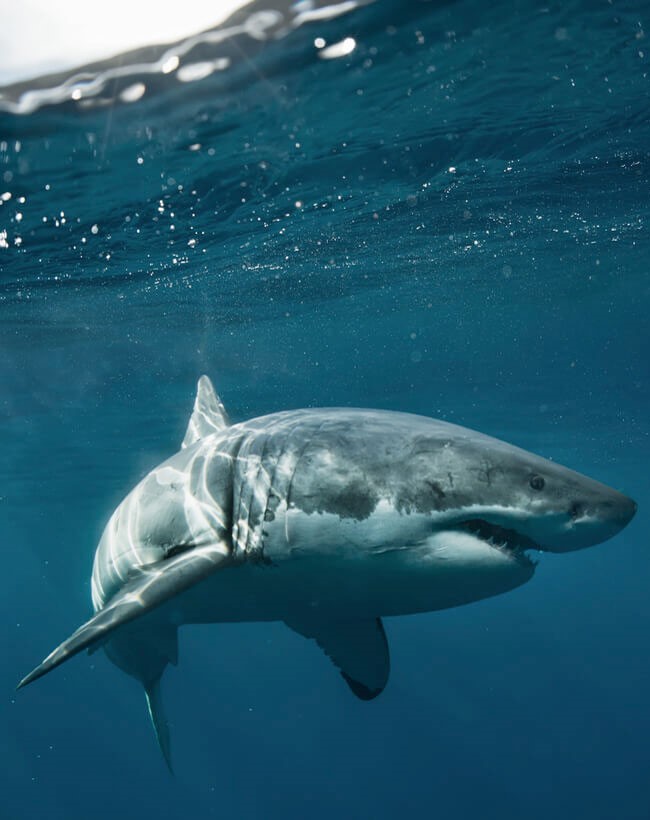
Sharks of California
Marine divers in California contribute photos and information about the sharks they encounter. This information contributes to a better understanding of the distribution and behavior of sharks.
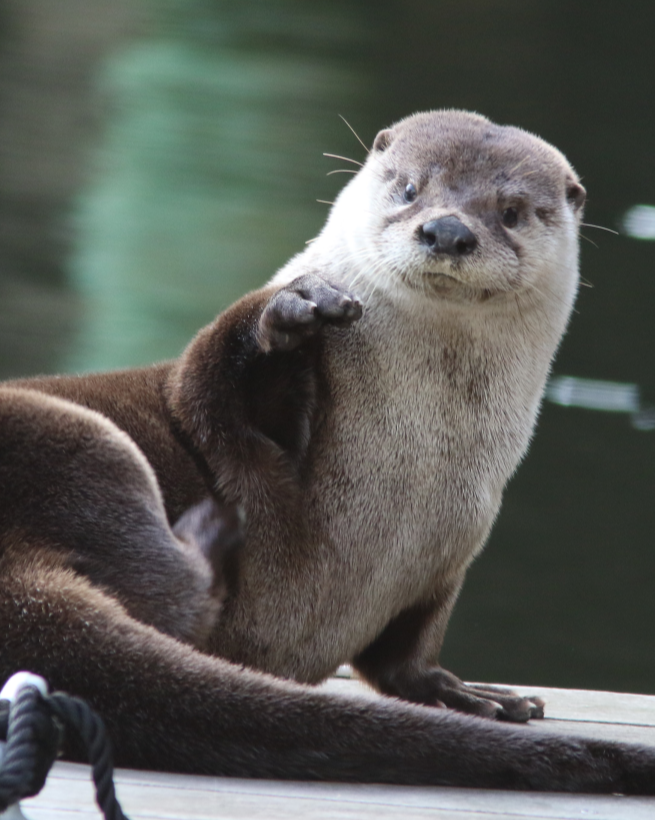
Spotting Otters on the Elizabeth River
A partnership with River Otter Ecology Project’s national Otter Spotter program. We’d like to know how river otters are doing in the Elizabeth River watershed. Where are they present? What parts of the river attract them and why? How can we protect their future? You can help!
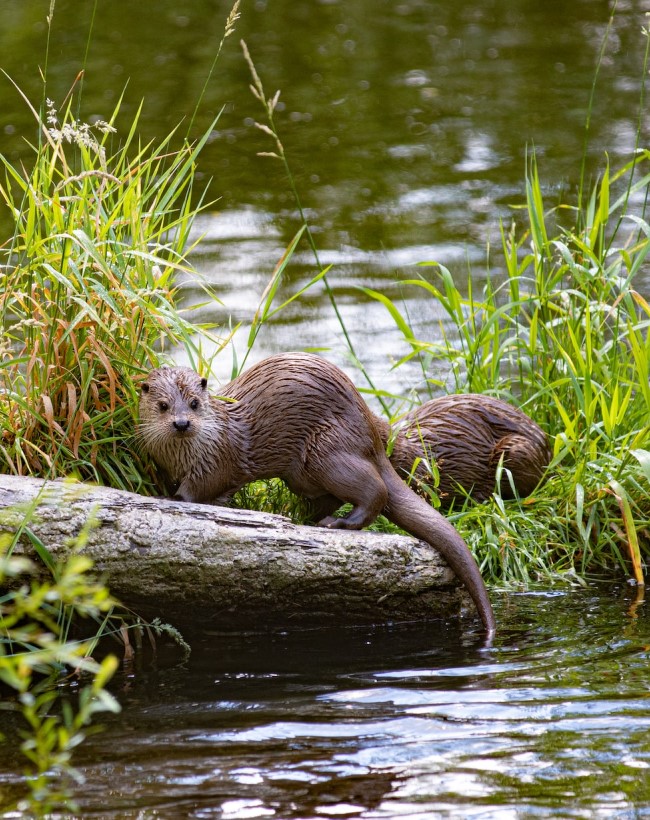
Supporting Conservation: Otter by Otter
Where are the river otters in the United States? What can their presence reveal about conditions in our shared watersheds? How can we protect their future? You can contribute by joining our growing list of special projects.
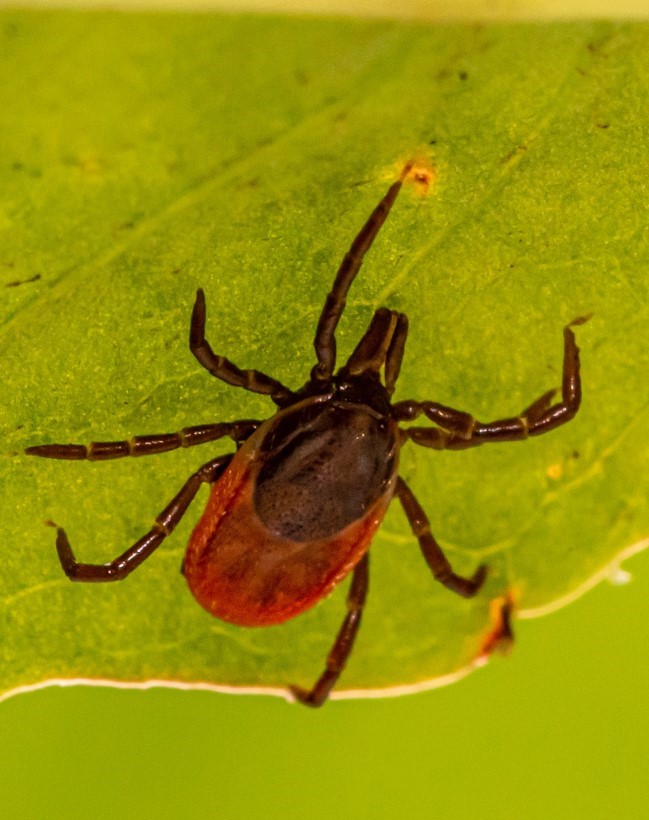
TickTalk
Join this Maryland State Parks project to learn about the tick populations in the western Maryland region. Citizens send found ticks and scientists identify, map, and test them for pathogens.
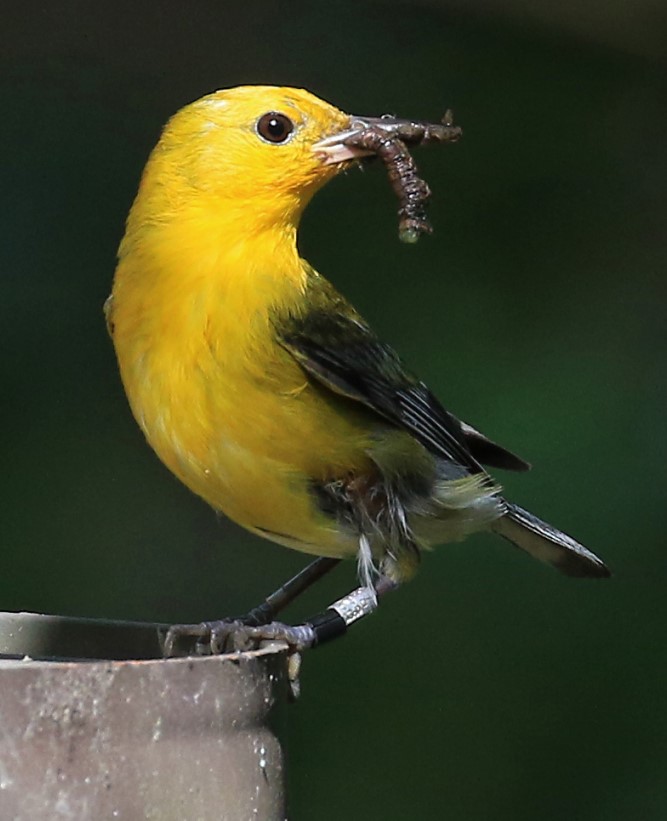
Urban Native Greens
Through interdisciplinary partnerships, we seek to understand the response of birds to the built environment in order to improve conservation outcomes for birds and people.
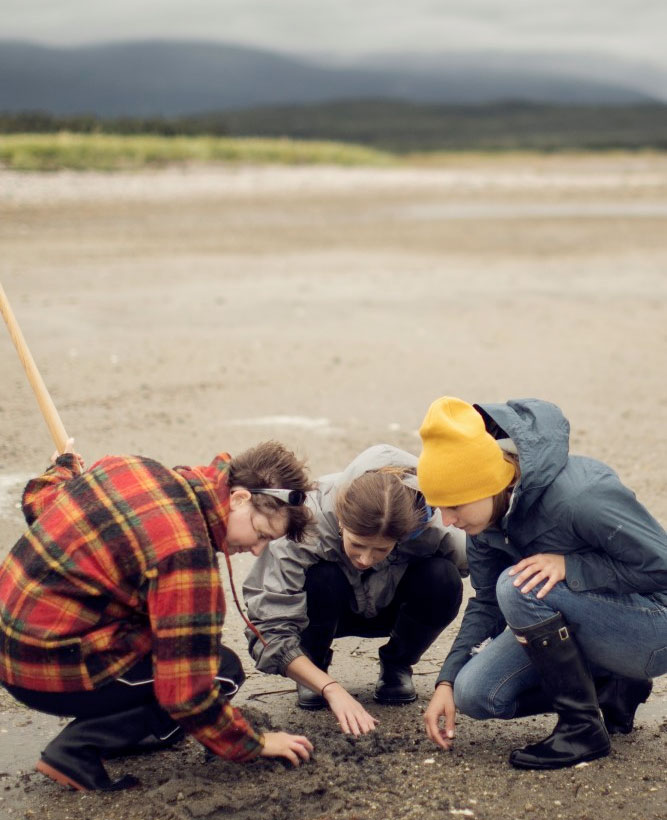
#WeAreCoastal
Explore data uploaded by students and teachers who are helping scientists monitor changes in marine biodiversity, invasive species, and human impact in coastal environments in Eastern Canada and the Northeast United States.
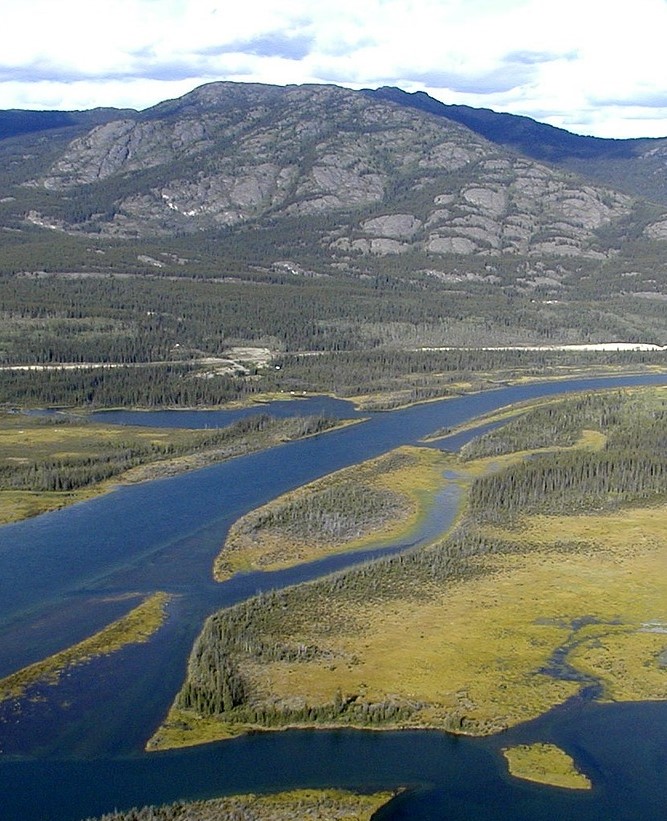
Yukon River Watershed
Part of the greater Indigenous Observation Network, this project focuses on using water quality data and indigenous knowledge to sustain and protect the Yukon River watershed and its resources and cultures.
